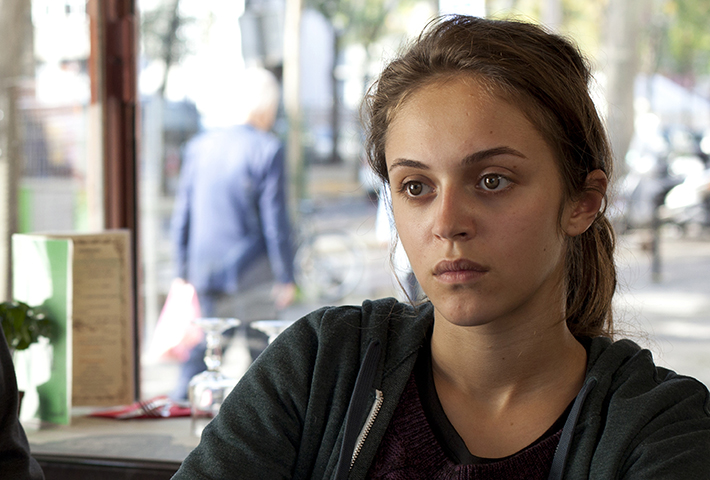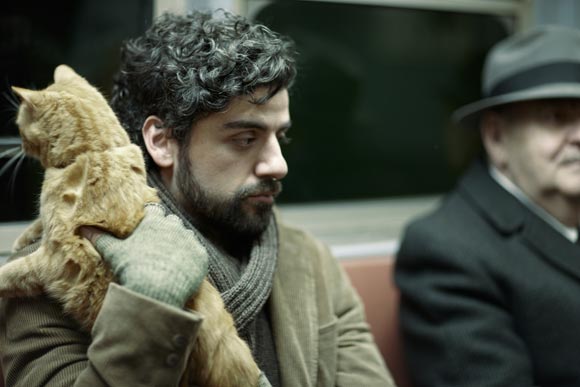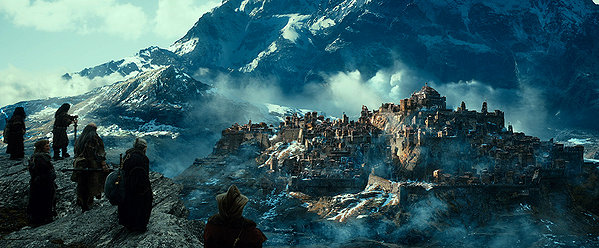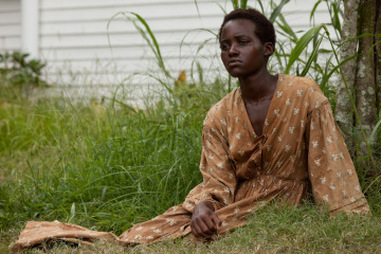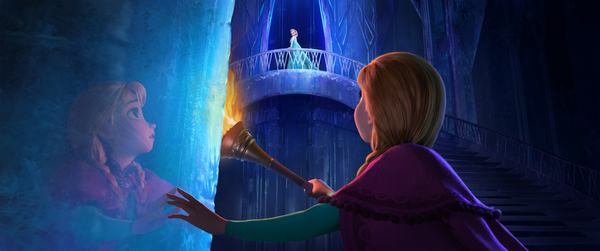Re-post from NUFEC.com on 12/04/2013.
Please be advised this review has spoilers.
The first time I saw
Gravity, I gave it an A- because it felt a little too “Hollywood” to me. I saw the film again and realized that
Gravity is not a film propelled by science fiction ideas or plot excitement; it’s driven by grief.
Ryan Stone (Sandra Bullock) is thrown into space, moderately
unprepared. I can state the plot reasons, but they don’t matter. There
is only one detail that matters: Stone’s four year old daughter died one
day after a seemingly ordinary playground accident.
Once this is revealed, the audience can begin to understand why
Cuarón is telling this story. Grief and depression are small, personal
emotions that feel insurmountable. When the space accident first occurs,
Stone is detached from the ship, spinning through space with no sense
of direction. The resulting anxiety actually had me in tears both times
I saw the film. Cuarón is effectively portraying Stone’s anguish from
losing her daughter. In fact, Cuarón even hints at this by drawing
attention to a picture of one of the dead shipmates’ family. Now that
we’ve gone through this pain, Stone and the audience can begin grieving.
She struggles and struggles, relying on Kowalski (Clooney). She is
his burden, feeling like an annoying sad pest. Stone probably feels like
this to her remaining friends and family on Earth. Given her cold,
restrained demeanor, she most likely hides her sadness, not wanting to
be their burden. That’s why she used to drive around for hours, it's
what she was doing when she got the call that her daughter had died.
She’s experiencing that difficult contradiction, when you feel like
you need to cut yourself off from the world, but can’t bring yourself to
let go. Cuarón recognizes this, as well as the fact that she needs to
face this conflict herself. This is why he has Kowalski cut the cord,
notably right before Stone is shown entering the Soyuz spacecraft
appearing like a fetus in the womb.
Before she can be reborn, she’s driven to the edge. She is able to
radio someone, a fisherman who can’t understand her. Alone, completely
cut off, she shuts down the cabin’s oxygen and begins to die. To watch
her die, as a fisherman sings to his baby over the radio is utterly
chilling. As an audience member, I’m paralyzed.
But she decides to push forward after a hallucination of Kowalski
helps her figure out how to resolve a lack of fuel. As she hurtles
towards earth, she says:
The
way I see it, there are only two possible outcomes. Either I make it
down there in one piece and I have one hell of a story to tell, or I
burn up in the next ten minutes. Either way, whichever way... no harm,
no foul! Because either way, it's going to be one hell of a ride! I'm
ready.
Eventually, she re-enters Earth by the strength of her own skills. This
time, she has let go of her daughter. Cuarón shows her hallucination of
Kowalski because it illustrates how the people we’ve lost stay with us
and help us be better selves. This moment is of course not about
Kowalski, but about the new role Stone has accepted for her daughter.
For the first time, she’s accepted this. Now she can be reborn.
Upon re-entry to Earth, Stone’s capsule actually sinks under water
and she has to escape death yet again. This is one of the many moments
that some call unrealistic. It’s not. This movie is not about surviving a
space disaster; it’s about surviving her grief. Stone doesn’t feel like
this is something she can survive, as the woes of her grief feel like
being dragged through hopeless moment after hopeless moment. In her
heart, to overcome the loss of her most precious love is as impossible a
feat as making it out of this crazy story alive.
Cuarón has created a masterpiece and quite frankly, this has little
to do with new technology, great 3D, or being a thrilling edge of your
seat experience.
Gravity is a masterpiece as it conveys a common yet intense emotion more effectively than any film I’ve ever seen.
Grade: A+

